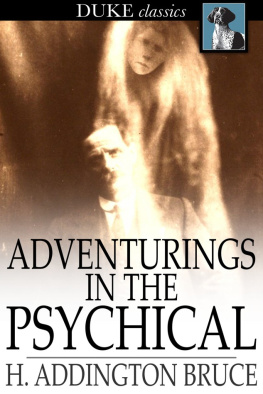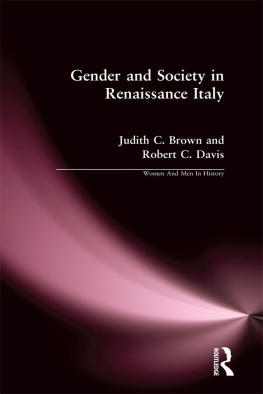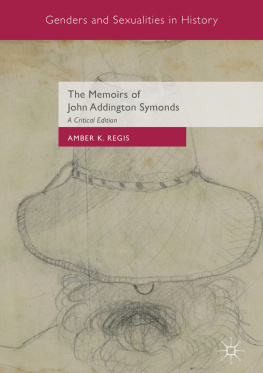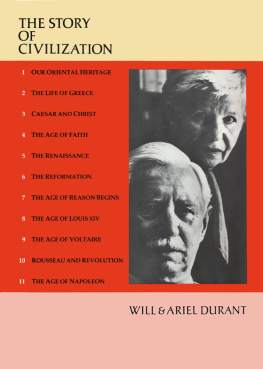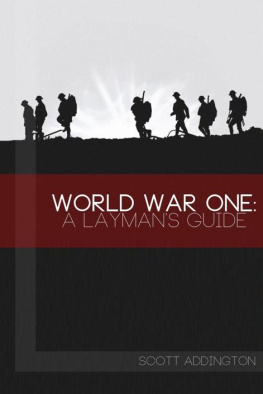John Addington Symonds - Renaissance in Italy, Volume 2 (of 7): Volume 2
Here you can read online John Addington Symonds - Renaissance in Italy, Volume 2 (of 7): Volume 2 full text of the book (entire story) in english for free. Download pdf and epub, get meaning, cover and reviews about this ebook. year: 2020, publisher: BoD – Books on Demand, genre: Romance novel. Description of the work, (preface) as well as reviews are available. Best literature library LitArk.com created for fans of good reading and offers a wide selection of genres:
Romance novel
Science fiction
Adventure
Detective
Science
History
Home and family
Prose
Art
Politics
Computer
Non-fiction
Religion
Business
Children
Humor
Choose a favorite category and find really read worthwhile books. Enjoy immersion in the world of imagination, feel the emotions of the characters or learn something new for yourself, make an fascinating discovery.

- Book:Renaissance in Italy, Volume 2 (of 7): Volume 2
- Author:
- Publisher:BoD – Books on Demand
- Genre:
- Year:2020
- Rating:3 / 5
- Favourites:Add to favourites
- Your mark:
- 60
- 1
- 2
- 3
- 4
- 5
Renaissance in Italy, Volume 2 (of 7): Volume 2: summary, description and annotation
We offer to read an annotation, description, summary or preface (depends on what the author of the book "Renaissance in Italy, Volume 2 (of 7): Volume 2" wrote himself). If you haven't found the necessary information about the book — write in the comments, we will try to find it.
Renaissance in Italy, Volume 2 (of 7): Volume 2 — read online for free the complete book (whole text) full work
Below is the text of the book, divided by pages. System saving the place of the last page read, allows you to conveniently read the book "Renaissance in Italy, Volume 2 (of 7): Volume 2" online for free, without having to search again every time where you left off. Put a bookmark, and you can go to the page where you finished reading at any time.
Font size:
Interval:
Bookmark:

The Revival
of Learning
| At tibi fortassis, si, quod mens sperat et optat, Es post me victura diu, meliora supersunt Secula; non omnes veniet lethaeus in annos Iste sopor; poterunt, discussis forte tenebris, Ad purum priscumque jubar remeare nepotes. Tunc Helicona nov revirentem stirpe videbis, Tunc lauros frondere sacras; tunc alta resurgent Ingenia atque animi dociles, quibus ardor honesti Pieridum studii veterem geminabit amorem. Petrarch Africa, lib. ix |
THE MEN OF THE RENAISSANCE | PAGE |
| Formation of Conscious Personality in ItalyAristocracy of IntellectSelf-culture as an AimWant of National ArchitectureWant of National DramaEminence of Sculpture and PaintingPeculiar Capacity for LiteratureScholarshipMen of Many-sided GeniusTheir Relation to the AgeConflict between Medival Tradition and HumanismPetrarchThe Meaning of the Revival begun by himCosmopolitan PhilosophyTolerationAn Intellectual EmpireWorldlinessConfusion of Impulses and InspirationsCopernicus and ColumbusChristianity and the ClassicsItalian Incapacity for Religious ReformationFree Thought takes the form of LicenseHarmonies attempted between Christianity and Antique PhilosophyFlorentine AcademyPhysical Qualities of the ItaliansPortraits of Two PeriodsPhysical ExercisesDetermination of the Race to ScholarshipAncient Memories of RomeThe Cult of AntiquityDesire of FameFame to be found in LiteratureThe Cult of IntellectThe Cult of CharacterPreoccupation with Personal DetailsBiographyIdeal SketchesPosthumous GloryEnthusiasm for EruditionPiero de' PazziFlorence and AthensPaganismReal Value of Italian HumanismPico on the Dignity of Man | |
FIRST PERIOD OF HUMANISM | |
| Importance of the Revival of LearningMedival RomanceThe Legend of FaustusIts Value for the RenaissanceThe Devotion of Italy to StudyItalian Predisposition for this LabourScholarship in the Dark AgesDouble Attitude assumed by the ChurchPiety for VirgilMeagre Acquaintance with the Latin ClassicsNo Greek LearningThe Spiritual Conditions of the Middle Ages adverse to Pure LiteratureItaly no Exception to the rest of EuropeDante and PetrarchDefinition of HumanismPetrarch's Conception of itHis sthetical TemperamentHis Cult for Cicero, Zeal in Collecting Manuscripts, Sense of the Importance of Greek StudiesWarfare against Pedantry and SuperstitionIdeal of Poetry and RhetoricCritique of Jurists and SchoolmenS. AugustinePetrarch's VanityThirst for FameDiscord between his Life and his ProfessionHis Literary TemperamentVisionary PatriotismHis InfluenceHis SuccessorsBoccaccio and Greek StudiesTranslation of HomerPhilosophy of LiteratureSensuousness of Boccaccio's InspirationGiovanni da RavennaThe Wandering ProfessorHis Pupils in Latin ScholarshipLuigi MarsigliThe Convent of S. SpiritoHumanism in PoliticsColuccio de' SalutatiGasparino da BarzizzaImproved Style in Letter-writingRevival of Greek LearningManuel ChrysolorasHis PupilsLionardo BruniValue of Greek for the Renaissance |
Font size:
Interval:
Bookmark:
Similar books «Renaissance in Italy, Volume 2 (of 7): Volume 2»
Look at similar books to Renaissance in Italy, Volume 2 (of 7): Volume 2. We have selected literature similar in name and meaning in the hope of providing readers with more options to find new, interesting, not yet read works.
Discussion, reviews of the book Renaissance in Italy, Volume 2 (of 7): Volume 2 and just readers' own opinions. Leave your comments, write what you think about the work, its meaning or the main characters. Specify what exactly you liked and what you didn't like, and why you think so.

